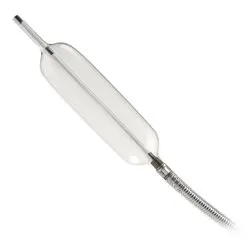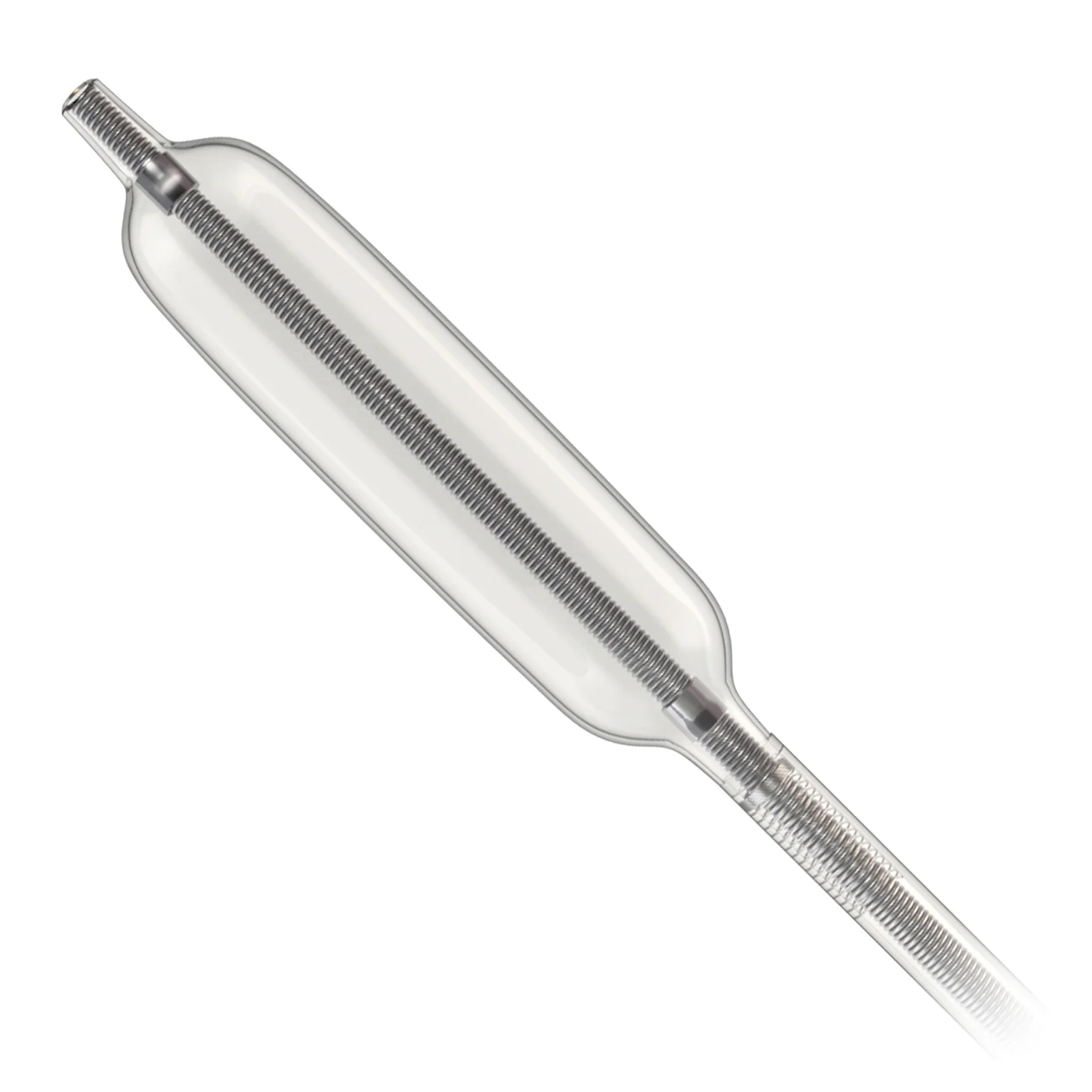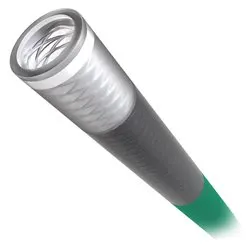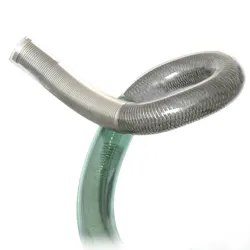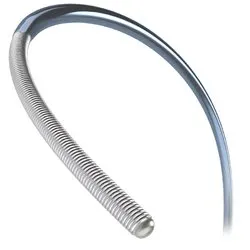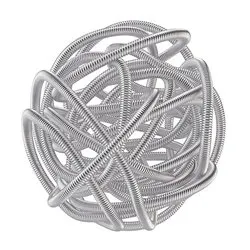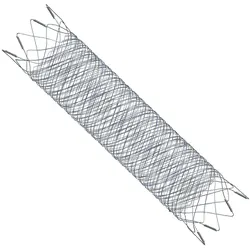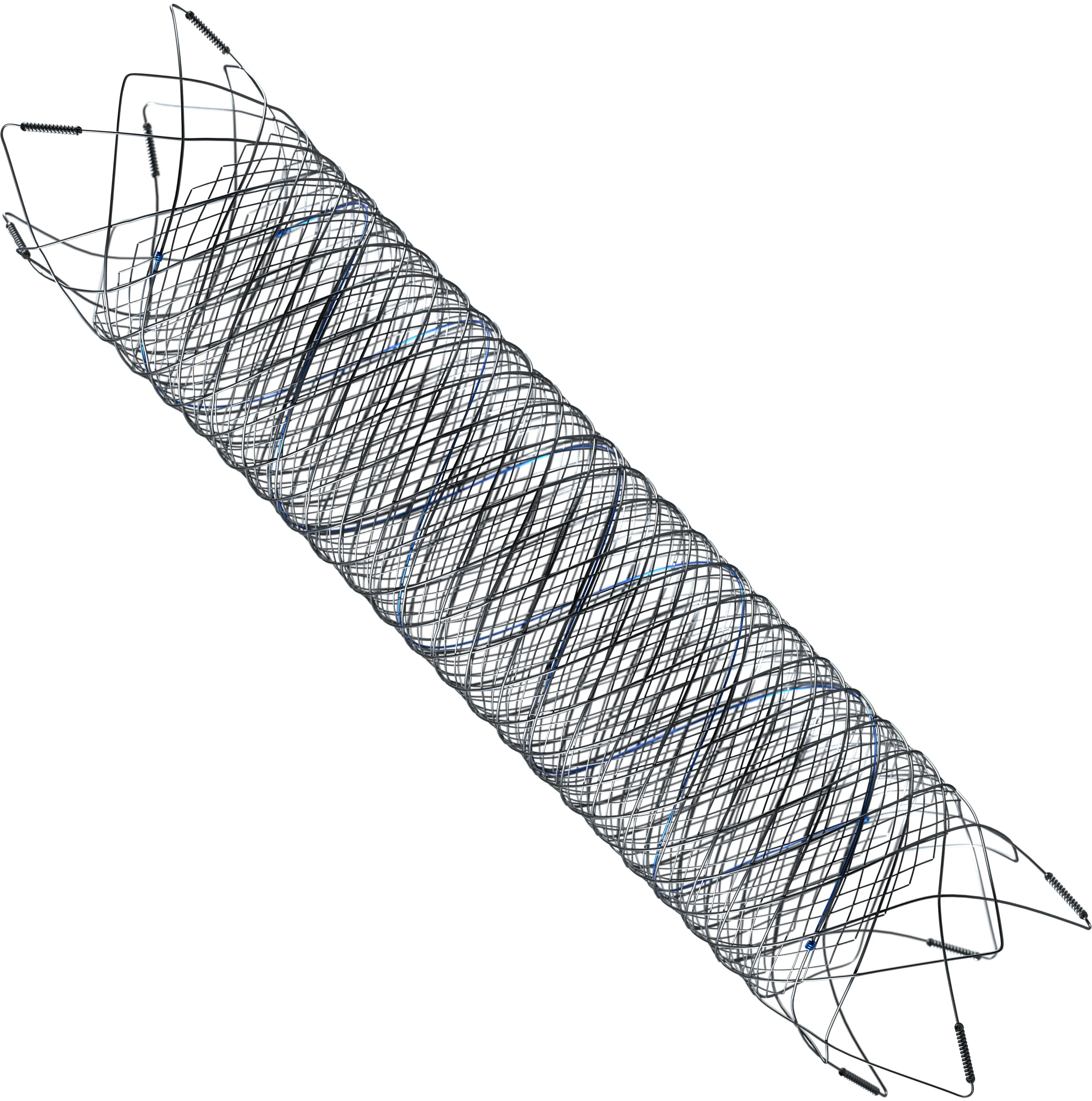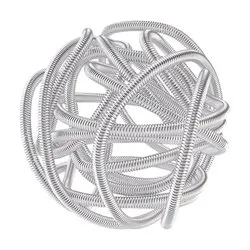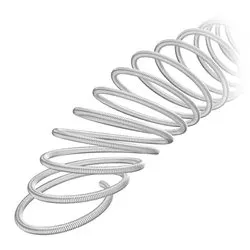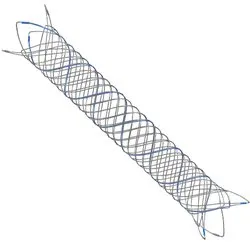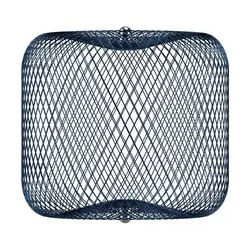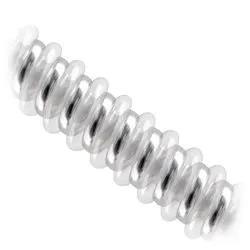Terumo Neuro has a comprehensive portfolio of devices to treat or prevent hemorrhagic stroke. Our solutions for unruptured and ruptured aneurysms and neurovascular malformations are backed by robust clinical data and provide proven performance and versatility.
A brain aneurysm, also referred to as a Cerebral Aneurysm or an Intracranial Aneurysm, is a weak, bulging spot on the wall of an artery. The constant pressure of blood flow within the artery causes weak or thin spots of the artery wall to gradually become weaker and enlarge over time. This pressure may cause the aneurysm to rupture and allow blood to escape into the space around the brain called the subarachnoid space. Most individuals do not experience any symptoms from an aneurysm and only realize that they have one once it ruptures. Cerebral aneurysms can rupture and cause bleeding into the brain that could lead to serious stroke or death.
Smoking, high blood pressure (Hypertension), hardening of arteries (Arteriosclerosis), alcohol and underlying diseases can increase the risk for developing a brain aneurysm. Some people may be genetically prone to aneurysms which is why your physician will be interested in your family history.
Although some aneurysms can go unnoticed for a lifetime, some aneurysm patients will experience the following symptoms:
Limited eye movement
Dilated pupils
Double vision
Pain above and behind eye
Localized headache (may indicate a rupture)
Asymptomatic, unruptured aneurysms can be diagnosed and located by MRI (Magnetic Resonance Imaging), MRA (Magnetic Resonance Angiography), or CT imaging (Computed Tomography Scan). This cerebral arteriography technology is used to confirm the presence of an aneurysm and evaluate which treatment options are best depending on its size, shape, and location. A lumbar puncture or spinal tap may also be used to detect the presence of blood in the Cerebral Spinal Fluid (CSF), which may indicate a brain aneurysm rupture.
Aneurysms can be classified by size and shape.
Small: Up to 10mm
Large: 10-25mm
Giant: Larger than 25mm
Saccular Aneurysm
Fusiform Aneurysm
Wide-neck Aneurysm
Dissecting Aneurysm








